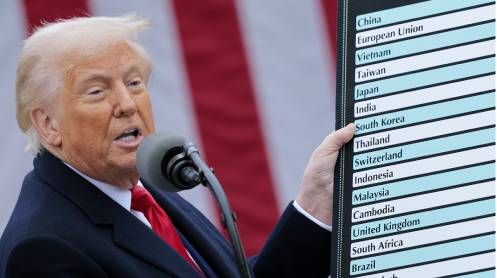The country’s oil industry on Wednesday protested over the “manipulation” of the pricing mechanism by the government in its latest fortnightly review to maintain existing ex-depot rates of petroleum products for the next 15 days.
“This forced stabilisation of oil prices at the cost of the industry is not sustainable and will severely impact the already crippled oil industry,” wrote the Oil Companies Advisory Council (OCAC) — an umbrella organisation of more than three dozen oil marketing companies (OMCs) and refineries — to the Ministry of Energy on Wednesday.
The government on Tuesday announced to keep the prices of all products unchanged following political pressure built up by opposition Pakistan Tehreek-i-Insaf (PTI), although market players, including Ogra, had calculated increases in POL prices with effect from Nov 16.
The oil industry said the prices were maintained by the government in violation of the pricing mechanism that has been in place for years. The unilateral change in pricing is estimated to cost the oil industry more than Rs7.6bn over the next 15 days.
The OCAC said the price freeze would cause OMCs a loss of Rs8.34 on the sale of each litre of petrol and Rs7.15 on each litre of high-speed diesel (HSD), with a cumulative financial fallout of Rs7.55bn.
It said the prices of motor fuels had been kept unchanged for the second fortnight of November even though the rates were increasing based on the pricing formula approved by the government itself. It said the price components were “very forcefully and unjustly reduced” instead of passing on the increase or absorbing the increase by reducing the petroleum levy.
“The industry is already facing a severe financial crunch due to high global prices, depreciation of the rupee, increased charges on confirmation of letters of credit, high premiums on import, etc and will not be able to survive if these unfair adjustments are not removed immediately”, the OCAC wrote to the Oil and Gas Regulatory Authority (Ogra) and the Petroleum Division.
The OCAC explained that inland freight equalisation margin (IFEM) — a pool of transportation charges paid to OMCs — was reduced by Rs3.21 and Rs2.72 per litre on petrol and HSD, respectively. Sources said the senior Ogra officials were called to the Ministry of Finance on Tuesday night to make these cuts.
Likewise, exchange loss adjustment was also reduced by Rs3.01 and Rs2.11 per litre on petrol and HSD, respectively. On top of that, the ECC had approved on Oct 31 the long-outstanding revision in OMC’s sales margins from Rs2.68 to Rs6 per litre. However, the “revised margin for both products has not been incorporated in the prices” with another loss of Rs2.32per litre on both products.
Based on sale volumes estimated by Ogra for the second fortnight of November, the OCAC put the total loss at Rs7.55bn, including Rs4.25bn on petrol and Rs3.30bn on HSD.
The OCAC believed that given the lower stocks and higher import volumes required, the “forced price stabilisation” could create supply chain challenges and put the industry’s survival at risk.





